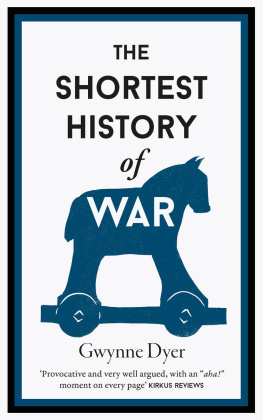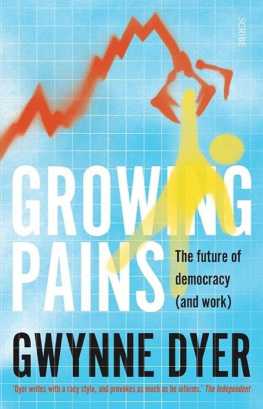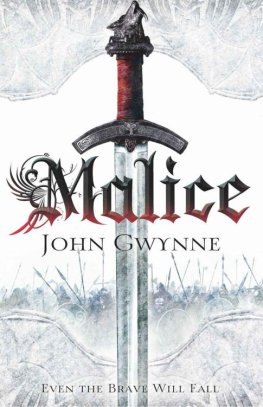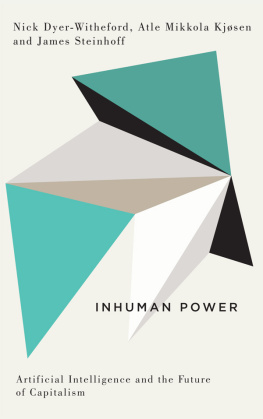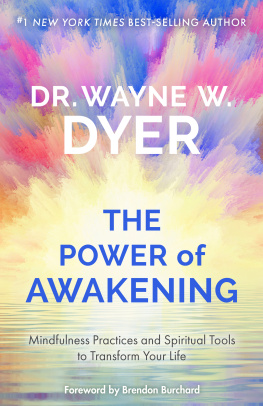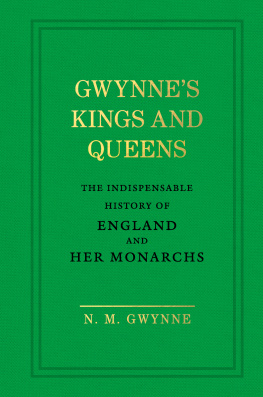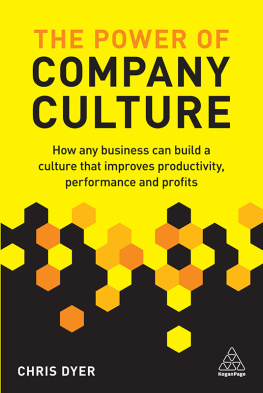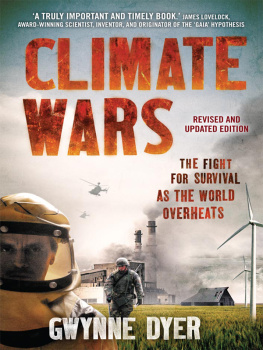Gwynne Dyer - Canada In The Great Power Game:1914-2014
Here you can read online Gwynne Dyer - Canada In The Great Power Game:1914-2014 full text of the book (entire story) in english for free. Download pdf and epub, get meaning, cover and reviews about this ebook. year: 0, genre: History. Description of the work, (preface) as well as reviews are available. Best literature library LitArk.com created for fans of good reading and offers a wide selection of genres:
Romance novel
Science fiction
Adventure
Detective
Science
History
Home and family
Prose
Art
Politics
Computer
Non-fiction
Religion
Business
Children
Humor
Choose a favorite category and find really read worthwhile books. Enjoy immersion in the world of imagination, feel the emotions of the characters or learn something new for yourself, make an fascinating discovery.

- Book:Canada In The Great Power Game:1914-2014
- Author:
- Genre:
- Year:0
- Rating:3 / 5
- Favourites:Add to favourites
- Your mark:
- 60
- 1
- 2
- 3
- 4
- 5
Canada In The Great Power Game:1914-2014: summary, description and annotation
We offer to read an annotation, description, summary or preface (depends on what the author of the book "Canada In The Great Power Game:1914-2014" wrote himself). If you haven't found the necessary information about the book — write in the comments, we will try to find it.
Canada In The Great Power Game:1914-2014 — read online for free the complete book (whole text) full work
Below is the text of the book, divided by pages. System saving the place of the last page read, allows you to conveniently read the book "Canada In The Great Power Game:1914-2014" online for free, without having to search again every time where you left off. Put a bookmark, and you can go to the page where you finished reading at any time.
Font size:
Interval:
Bookmark:
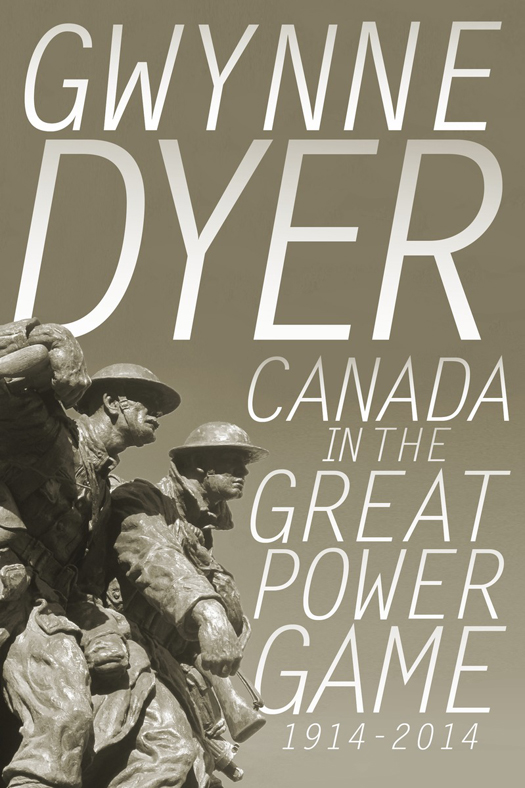
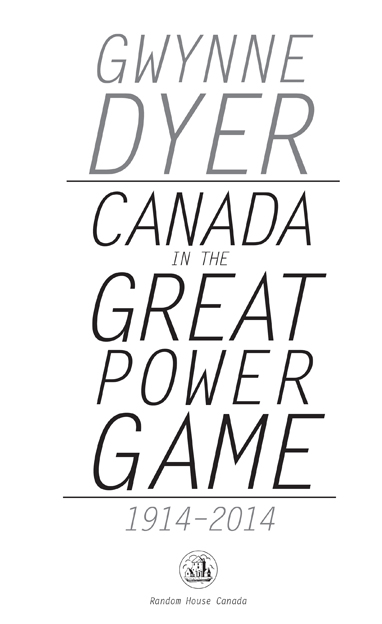
PUBLISHED BY RANDOM HOUSE CANADA
Copyright 2014 Gwynne Dyer
All rights reserved under International and Pan-American Copyright Conventions. No part of this book may be reproduced in any form or by any electronic or mechanical means, including information storage and retrieval systems, without permission in writing from the publisher, except by a reviewer, who may quote brief passages in a review. Published in 2014 by Random House Canada, a division of Random House of Canada Limited, a Penguin Random House Company. Distributed in Canada by Random House of Canada Limited, Toronto.
www.randomhouse.ca
Random House Canada and colophon are registered trademarks.
Library and Archives Canada Cataloguing in Publication
Dyer, Gwynne, author
Canada in the great power game 1914-2014 / Gwynne Dyer.
Includes bibliographical references.
ISBN 978-0-307-36168-4 eBook ISBN 978-0-307-36170-7
1. CanadaHistory, Military20th century. 2. CanadaHistory, Military21st century. 3. CanadaHistory1914. I. Title.
FC543.D94 2014 971.06 C2013-906411-7
Cover design by Andrew Roberts
Cover photo: Cathal ORiada
v3.1
To Tinathanks for all the fish
T HE LAST THING THE WORLD NEEDS NOW IS ANOTHER HUNDRED or five hundred histories of the First World War or some locally relevant aspect of it. But 2014 is the centenary of the wars outbreak, and that cataclysmic event is still seen as the turning point where the old world ended and the modern world began, so the avalanche of books is inevitable. And heres another one.
It is not only a history of the First World War, although I am shamelessly using the anniversary as a peg to hang the story on (and the book does actually deal with that war at some length). It is an attempt to make sense of our countrys century of involvement in big and little wars, all of them far from home and none of them threatening what strategists like to call our vital interests. Not just to recount the wars, but to account for them.
Tina Viljoen and I first tried to do this in a book and a television series called The Defence of Canada about twenty-five years ago. We argued that the alliances and overseas commitments that Canada had made in the course of the twentieth century were unnecessary for our security and often directly contrary to our interests, even if the politics of the time had probably made them inevitable. And we extended that criticism to include Canadas then-current alliances and overseas military commitments.
It was an interesting experience but, with the Cold War still raging at the time, challenges to the prevailing mythology about why we keep sending troops overseas were most unwelcome to the authorities. The project did not end well.
The television series got very good numbers on its first airing, but for reasons that nobody wanted to talk about it never got its scheduled second run, even though the CBC had already paid for it. The publisher was enthusiastic about the bookso much so that when it came in much longer than we had planned, he decided to publish it in two volumes rather than cut the manuscript down. But when the first volume came out there was a concerted howl of rage from the Canadian military history establishment, who condemned it down to the last man. (They were all men at that time, of course.)
The first volume sold well, but the publication of the second volume was cancelled anyway. (Some of the later chapters of the first volume are having a second life in the earlier part of this book.) We didnt know why, but since Tina and I had already been paid, we just moved on to other things. Only many years later was some of the mystery cleared up.
As big a world as it is, its astounding how paths cross. There he was, in the famous leather jacket, puffing on a smoke just outside the doors of the Calgary airport. I had a debt to pay. I walked up and introduced myself to Gwynne Dyer. I told him I owed him a debt, recounted the whole story, and thanked him for helping pay the mortgage and put my kids through university. Gwynne graciously accepted my thanks.
Allan Bonner
Allan Bonner is a former CBC journalist turned media adviser whom I had never heard of until the chance meeting in Calgary airport. He told me that he had been approached in 1987 by a film producer with a question. The Department of National Defence was determined to counter the strong perceptions that Dyer and Viljoen had created, so they wanted to do their own film. How could they get their own viewpoint on television?
I gave more discouraging words. Even if all networks played the DND rebuttal, there was no guarantee it would get the viewership or would have the staying power of Dyers film. I recommended a more traditional public affairs approacha speakers bureau, media interviews, and men and women in Canadian uniforms engaging audiences at conferences, schools and universities. In passing, I asked who had commissioned the producers study. Colonel Len Dent was the response.
Bonner had gone to Ottawa to meet Dent, who turned out to be the director general of information at the Department of National Defence. A team of retired admirals and generals had been assembled at E.A.C. Amy & Sons Management Support Services in Ottawa (founded by retired Brigadier General Edward Ned Amy). The rot had apparently spread right into Canadas armed forces, and this group would have the task of convincing serving officers of the value of Canadas NATO commitments. But, as Bonner pointed out, they could also be put to work convincing the general public.
I was welcomed into this distinguished group and we toured the country setting military officers straight on Gwynne Dyer and his misguided notions. I had a great run for about 14 years, and all the while I was secretly grateful to Dyer for scaring the heck out of DND. Id regularly see him commenting on TV. Id watch Gwynne and then look over to see if the phone would ring with another assignment.
Tina and I never realized the ideas in our film would frighten military officialdom so much, but the upper echelons determination to set things right does suggest that they found a ready audience in the public. The extreme official reaction also suggests how the second broadcast of the television series and the second volume of the book (the one dealing with everything after 1939, including the formation of Canadas current alliances) might have come to be cancelled.
Now were well into the twenty-first century, and all that bad old history has gone awayor so most people think: the centenary of the First World War has no lessons for us, so well just do a national commemoration of Our Glorious Dead and move on to more relevant things. There are two things wrong with that approach. One is that being dead isnt glorious. The other is that the system that produced those old wars and consumed all those lives isnt dead at all. It has been under serious pressure for a long time now and it is in retreat, but it is still capable of tumbling us all into horror. It is right to remember the dead, even if the anguish of the time has dwindled to a distant regret, but it is also necessary to remember what really killed them.
The truth is that this country, a century ago, sent hundreds of thousands of its young citizens to another continent to kill and be killed by strangers who had no designs on Canada, in a war that posed no threat to this country. The reasons that our forebears gave themselves for doing this sound hollow now, but we did it again in 1939, and the reasons for doing that still sound plausible to most of us. And it has got to be a habit: there have been Canadian troops abroad in military (that is,
Font size:
Interval:
Bookmark:
Similar books «Canada In The Great Power Game:1914-2014»
Look at similar books to Canada In The Great Power Game:1914-2014. We have selected literature similar in name and meaning in the hope of providing readers with more options to find new, interesting, not yet read works.
Discussion, reviews of the book Canada In The Great Power Game:1914-2014 and just readers' own opinions. Leave your comments, write what you think about the work, its meaning or the main characters. Specify what exactly you liked and what you didn't like, and why you think so.

